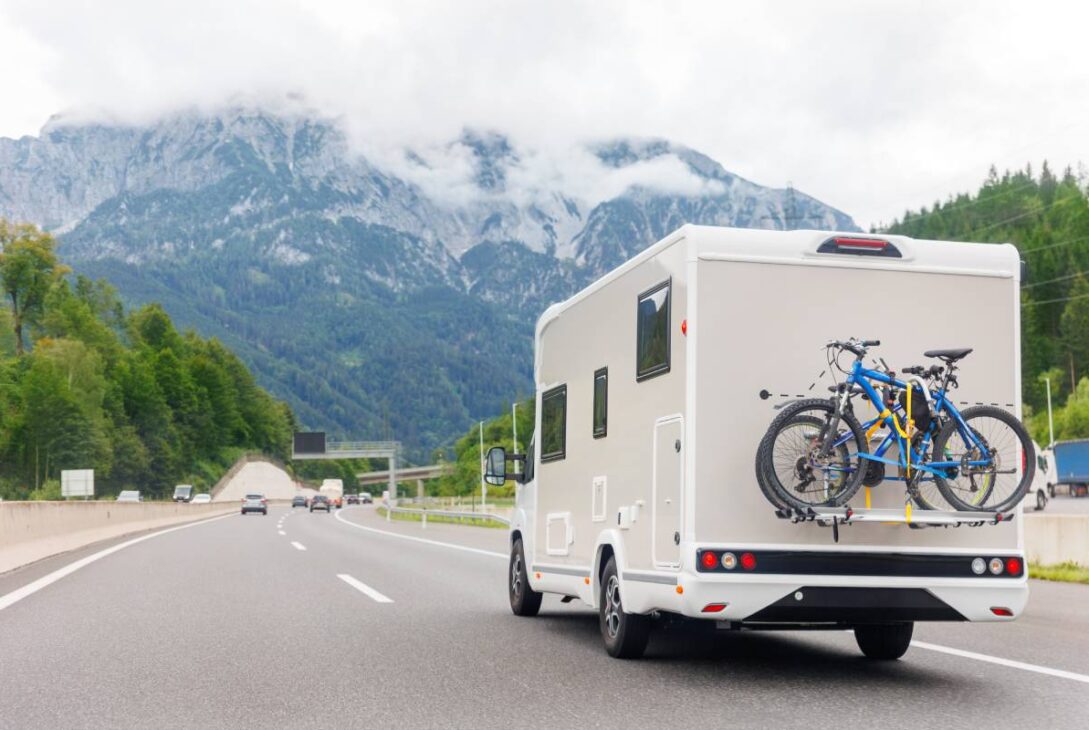Transporting a motorhome across Australia can be a challenging task—especially when that motorhome is unregistered.
Whether you’ve just purchased a fixer-upper motorhome from another state, are moving across the country, or simply haven’t renewed your rego in time, the question remains: Can you legally transport an unregistered motorhome across Australia?
In short, yes, you can—but not by driving it yourself. While driving an unregistered vehicle on public roads is illegal and can result in hefty fines or penalties, there are safe and legal alternatives for getting your motorhome from one point to another.
Let’s explore the legalities, available options, costs involved, and why professional help might be your smartest move.
Understanding the Legal Landscape
Before you start planning the move of your unregistered motorhome, it’s essential to understand what Australian law says about vehicle registration and movement across states.
Is It Legal to Drive an Unregistered Vehicle?
The answer is a hard no. Under the laws of all Australian states and territories, you cannot legally drive an unregistered vehicle on public roads. Doing so can lead to:
- Fines and penalties
- Vehicle impoundment
- No insurance coverage in the event of an accident
- Legal liability for injuries or damages
Even if you’re only going a short distance, police or traffic cameras can catch you, leading to avoidable trouble.
Are There Any Exceptions?
Some exceptions may apply for limited movement using a Unregistered Vehicle Permit (UVP). This permit allows you to drive an unregistered vehicle on a specific route and for a specific purpose—like getting the vehicle to a mechanic for inspection, or transporting it to your new residence.
However, UVPs:
- Vary by state
- Often don’t cover interstate travel
- May require proof of insurance and roadworthiness
- Are not always granted for motorhomes, particularly those in poor condition
What Are Your Options for Transporting an Unregistered Motorhome?
1. Using a Vehicle Transport Company
The safest and most common method is to hire a specialist vehicle transporter. These companies are equipped to tow or carry unregistered vehicles—including oversized motorhomes—across long distances.
Key advantages include:
- No need for registration or permits
- Safe handling of your vehicle
- Professional drivers with road transport insurance
- Door-to-door service, even across state lines
A company like Interstate Towing AU in Melbourne specialises in interstate motorhome and vehicle transport. With a fleet of modern tow trucks and trailers, they handle unregistered and non-drivable vehicles, providing peace of mind during what can be a stressful process.
2. Towing It Yourself (with Caution)
If you have the right towing equipment and licenses, you may be able to tow the motorhome yourself. However:
- The tow vehicle must be rated to pull the motorhome’s weight.
- You may need a special tow license, depending on the rig.
- Your insurance must cover both the tow vehicle and the unregistered motorhome.
- Some states require an Unregistered Vehicle Permit even if the vehicle is being towed.
Also, towing a large, heavy vehicle like a motorhome over long distances (e.g., from Queensland to Victoria or from WA to NSW) can be physically and mentally exhausting—not to mention risky without professional expertise.
3. Hiring a Tilt Tray or Flatbed Truck
Tilt tray trucks or flatbed trailers are ideal for long-distance transport of motorhomes that don’t run or that need extra security during travel. These are especially useful for:
- Vintage or project motorhomes
- Damaged motorhomes
- Unregistered RVs that can’t legally be towed
Again, this is a job best left to professionals. Services like Interstate Towing AU offer this option to clients in and around Melbourne and can arrange cross-country transport to any state or territory.
What to Consider Before Arranging Transport
Before booking a transport service, here are key things to consider:
1. Size and Weight of the Motorhome
Motorhomes vary widely—from compact campervans to massive, bus-sized rigs. The size and weight will determine:
- The type of truck or trailer needed
- The cost of transport
- Routes available (some roads have height and weight restrictions)
Provide accurate measurements and specs to your towing company so they can plan accordingly.
2. Pickup and Drop-off Locations
Accessibility is crucial. Narrow streets, steep driveways, or low-hanging trees can make pickup or delivery difficult. Be sure to:
- Assess both locations
- Inform the transport provider of any potential issues
- Coordinate with neighbours or councils if necessary
3. Transport Insurance
Ensure the towing company offers comprehensive transport insurance that covers:
- Damage in transit
- Theft
- Road incidents
Always request a copy of the insurance policy before booking.
4. Timing and Schedule
Interstate transport can take anywhere from 1 to 14 days, depending on the distance and route. Be flexible with your schedule, and always confirm:
- Estimated pick-up date
- Delivery timeframe
- Contingency plans in case of delays (e.g., weather, road closures)
How Much Does It Cost to Transport an Unregistered Motorhome?
Prices can vary depending on several factors:
| Factor | Estimated Cost (AUD) |
|---|---|
| Distance (e.g., VIC to QLD) | $1,500 – $4,000 |
| Size/weight of motorhome | Larger units may cost more |
| Type of transport (flatbed vs tow) | Flatbed usually higher |
| Insurance fees | Often included, but confirm |
| Location access | Remote or hard-to-reach places may add cost |
For an accurate quote, it’s best to contact your chosen transporter directly with all the necessary information. Interstate Towing AU offers competitive rates and will usually provide a customised quote based on your motorhome’s specifications.
Pros of Using a Professional Transport Service
- Legal and compliant: No risk of fines or penalties.
- Fully insured: Peace of mind if damage occurs.
- Expertise: Professionals know how to handle large, delicate vehicles.
- Convenient: Saves you time, stress, and complex paperwork.
Cons (and How to Minimise Them)
- Cost: May seem expensive upfront. But it’s cheaper than fines, breakdowns, or repairs due to DIY towing accidents.
- Waiting times: Popular transport routes may require booking in advance. Plan early to secure your preferred date.
- Access limitations: Inner-city streets or rural roads can complicate pick-up/drop-off. A local company like Interstate Towing AU in Melbourne can help work around these issues.
When You Might Need to Transport an Unregistered Motorhome
You could find yourself in this situation for many reasons:
- You’ve bought a second-hand motorhome from interstate.
- You’re moving your DIY motorhome project to a new home.
- The vehicle has expired registration and you haven’t completed inspections.
- You need to relocate it for repairs or restoration.
- You’re relocating interstate, but the motorhome is currently not drivable.
Whatever your reason, professional vehicle transport is the safest way forward.
Conclusion: Yes, You Can—But Do It Right
While you cannot legally drive an unregistered motorhome across Australia yourself, you absolutely can transport it safely and legally using a towing or vehicle transport service.
If you’re located in or near Victoria, Interstate Towing AU in Melbourne is a trusted name for moving motorhomes and other oversized or unregistered vehicles nationwide. Their experience, equipment, and customer service can help make the process simple and stress-free.
Pro tip: Always check the laws specific to your state, and get a written quote before committing. A few calls and the right team can save you thousands—and make sure your motorhome arrives in perfect shape, ready for the next adventure.








